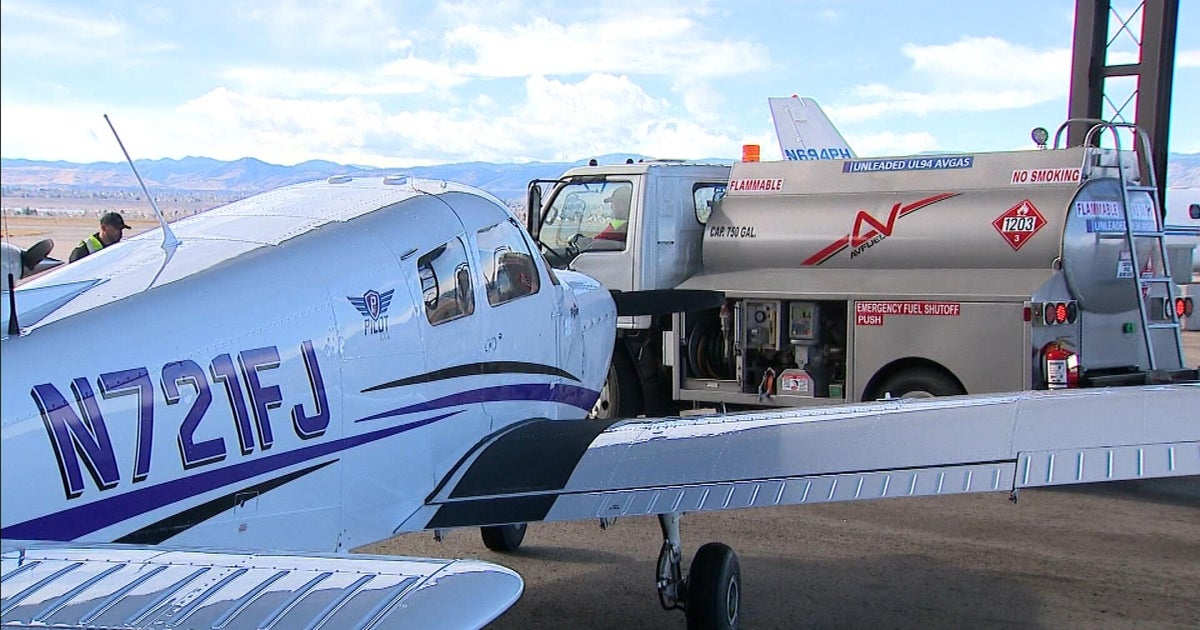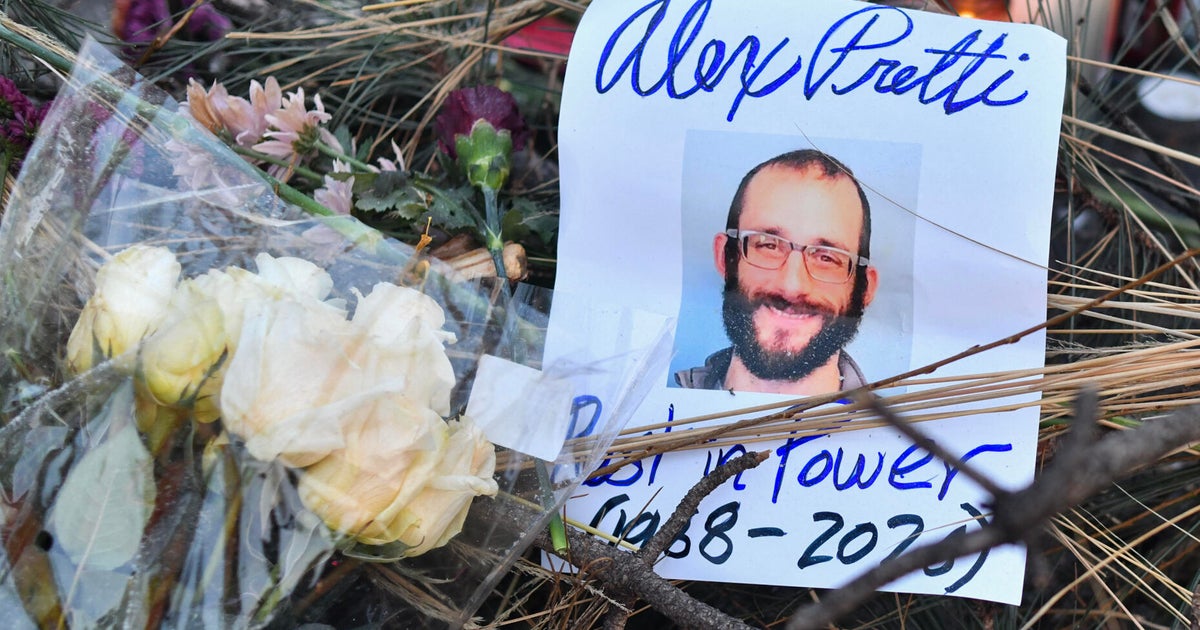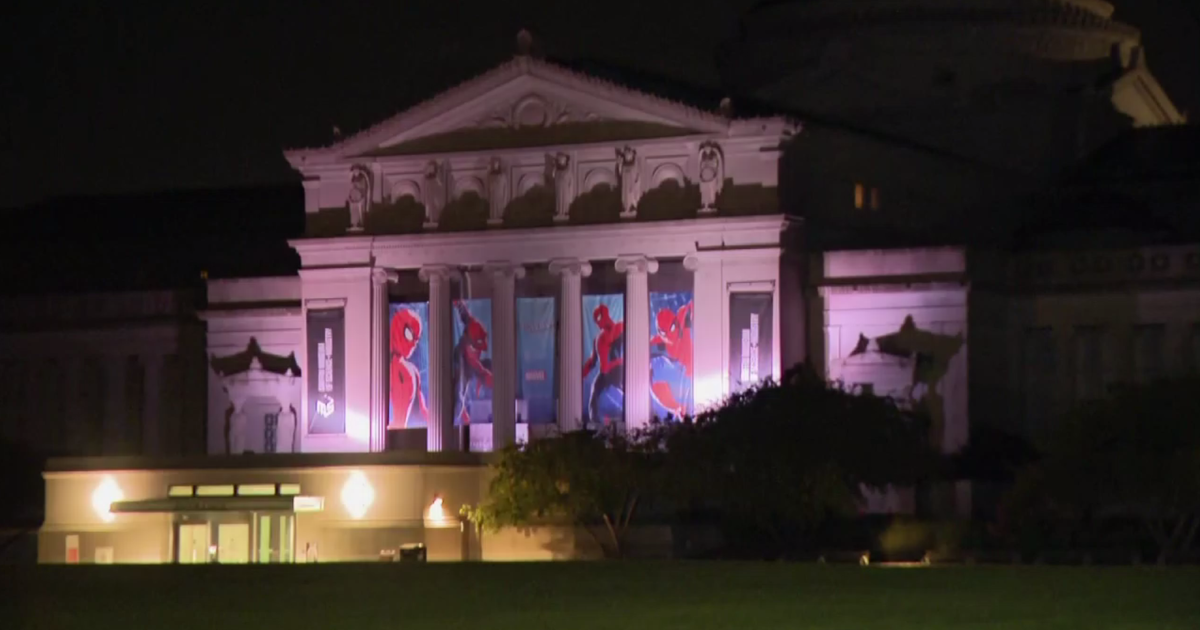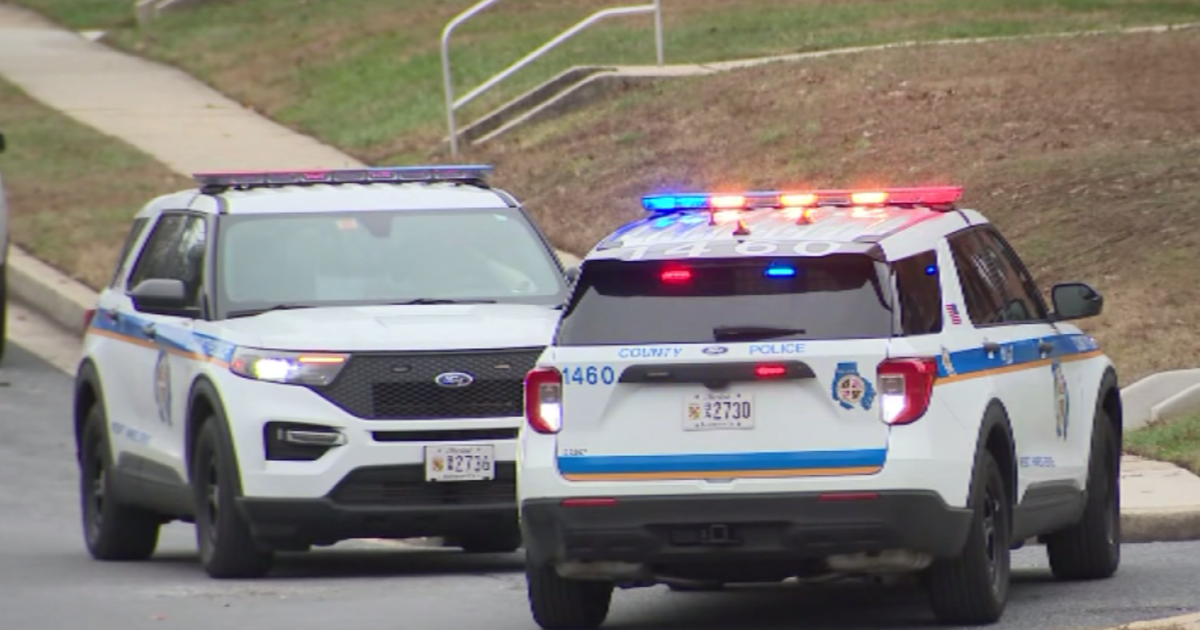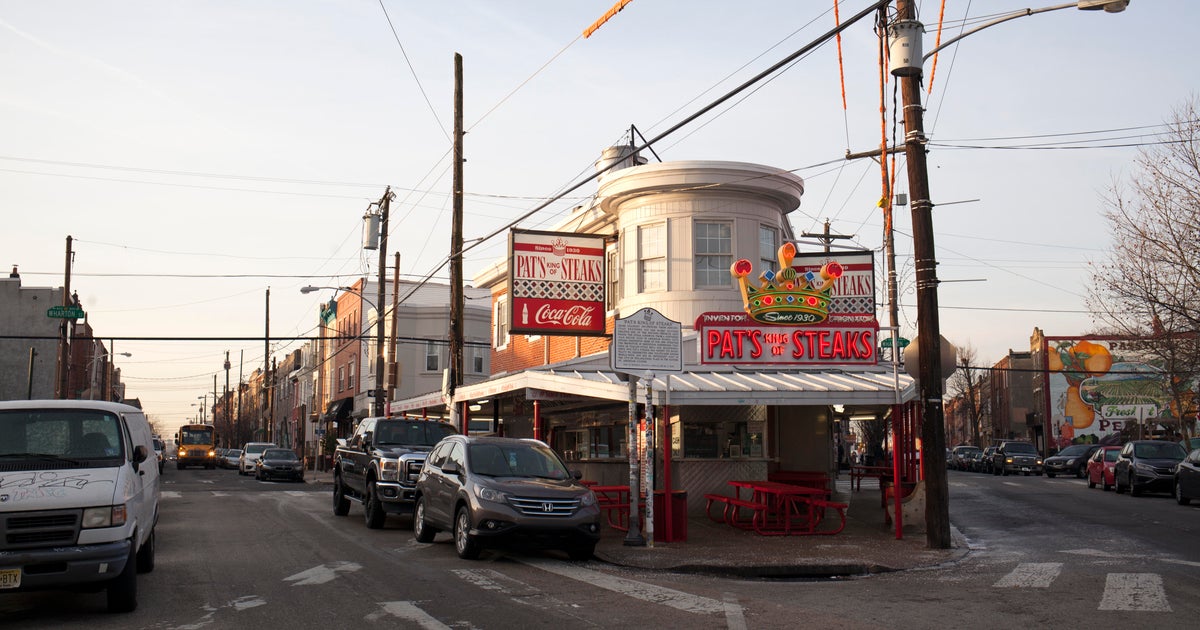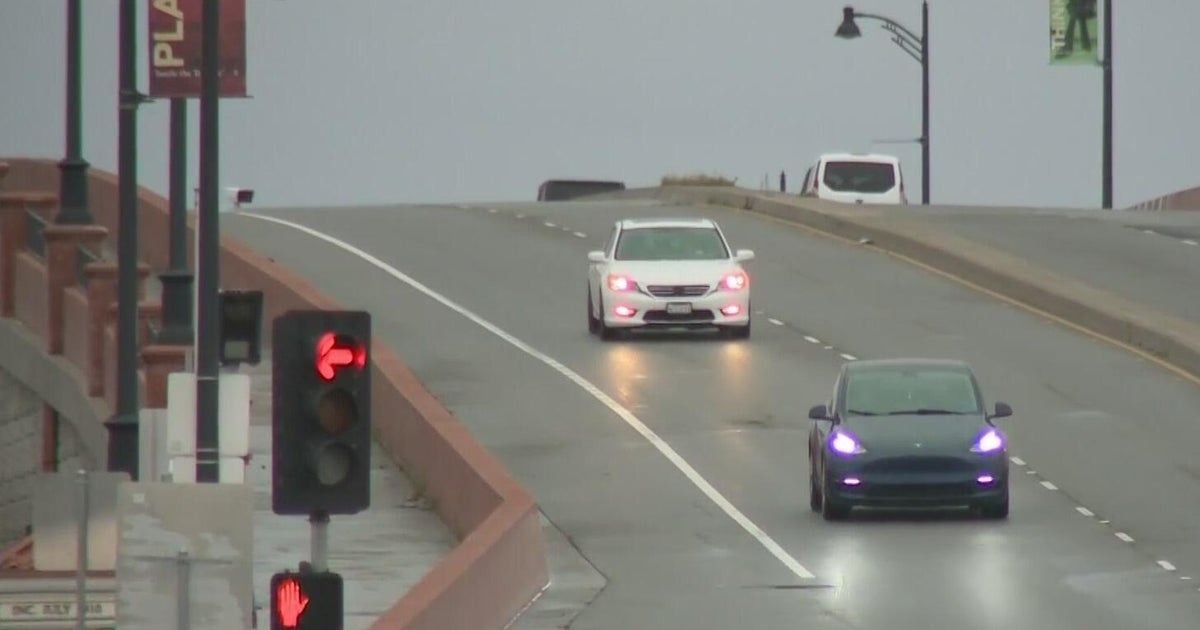I - Team Investigation: Cockpit Danger
By Charlotte Huffman
PHILADELPHIA (CBS) -- More than a decade after 9/11 security measures were put into place, questions are being raised about cockpit security.
A former federal air marshal and many other aviation industry experts tell CBS3 Investigative Reporter, Charlotte Huffman that the post 9/11 measures are not working like they should be and the cockpit is still vulnerable to an attack.
"It's scary. It is very scary," said recently retired Federal Air Marshal, Dave Klein.
CURRENT REGULATIONS: "NOT GOOD ENOUGH"
In 2001 Congress mandated airlines fortify cockpit doors and used federal funds to pay for them.
"But I think what wasn't understood by Congress is that the door is open during flight multiple times for food, bathroom breaks, crew exchanges, etcetera. It's when that door opens – that's when that cockpit is just as vulnerable as it was before 9/11," said Ed Folsom, who is a pilot for a major airline.
Folsom co-chaired a federal study commissioned by the FAA, Aircraft Secondary Barriers and Alternative Flight Deck Security Procedures. The study"s purpose was to take a "fresh look at what was being done to protect commercial airplanes from the threat of an unauthorized breach of the flight deck.
READ: Highlights of Study
The three year-long study was the first evaluation since post-9/11 security regulations were put into place and included major industry stakeholders such as TSA, FBI, Federal Air Marshals, the airlines, Boeing, aviation industry unions and trade groups.
STUDY'S FINDINGS "SHOCKED AVIATION INDUSTRY"
Among other things, the study determined that during transitional times when the cockpit door opens, a potential hijacker can breach the cockpit in less than two seconds even when the most robust form of security is in place – a flight attendant and a drink cart.
"We've done training drills where in two to three seconds you're over that flight crew, you're over that cart and you're at the cockpit already," said Klein.
"What we found shocked the aviation industry," said Folsom.
"What we have now is not good enough, in fact the cockpit is more vulnerable now than before because now with the fortified door, once they're in, they're in," he said.
SARACINI'S ROLE
Saracini's husband is Captain Victor Saracini, the pilot of United flight 175 that struck the south tower on 9/11.
So concerned about the cockpit vulnerability, Saracini teamed up with anonymous airline employees and federal air marshals to produce a video "2 Seconds to Breach" that simulates the federal study's findings.
WATCH: "2 Seconds to Breach" (Please note: This is a simulation.)
"I can't stand by and look another family member in the eye and say, 'I'm sorry I knew there was an issue and I stood back and did nothing,'" said Ellen Saracini.
The video began circulating around Capitol Hill earlier this year meant to show lawmakers that cockpits are still vulnerable.
SECONDARY BARRIERS DEEMED BEST WAY TO FORTIFY COCKPIT
The federal study also determined that secondary barriers, when compared to other methods, are the most effective and cost efficient way of fortifying the cockpit.
Secondary barriers are generally constructed of steel cables or mesh and placed in front of open cockpit doors to prevent passengers from rushing the flight deck. The barriers close before the cockpit door opens.
PHOTO: Secondary barrier photo
"Every airplane with 100 seats or more could have a barrier on it within 12 months and then we've fixed this problem," said Folsom.
Saracini has spearheaded the push for secondary barriers.
The Saracini Aviation Safety Act of 2013, introduced by Rep. Mike Fitzpatrick (R-PA) of Bucks County would mandate airlines install secondary barriers.
The bi-partisan house bill has 60 co-sponsors and widespread support from law enforcement and aviation industry agencies.
"The 9/11 Commission stated 'a failure of imagination' contributed to 9/11. Today, we are failing to imagine worse. We were caught with our pants down once. We don't need that again. There is a method and procedure that can be done and installed on airplanes, very easily," said Saracini.
The barriers cost an estimated $5,000-$12,000 per plane. Unlike the fortified doors installed after 9/11, the airlines would pick up the tab for secondary barriers.
Saracini has been lobbying heavily on Capitol Hill.
"I think when I went down there a lot of people thought 'this little widow is going to come down and tell us her story and then she's going to go home.' I've been down for over a year and a half. Sometimes, every week I'm down there. I've been to over 150 house offices and over 75 senate offices. At this point it doesn't matter how many more offices I go to. We need leadership to make a decision," she said.
"In my opinion, the airlines don't want to spend money. They are stopping us from being able to do our jobs," Klein said.
"TSA applies a layered, risk-based approach to security in order to reduce the risk of another attack. The hardening of cockpit doors was one of the most impactful security enhancements put in place after 9/11. Each layer of security is designed to work collaboratively with the others, which includes Federal Flight Deck Officers, Crew Member Self Defense Training Program and the Federal Air Marshal Service," a TSA spokesperson said.
CBS3 contacted six airlines and the industry trade group. All of them denied requests for an on camera interview but said they would install the barriers if mandated by Congress.
Some believe that decision can't happen soon enough and say the plans for the next attack are already underway.
DRY-RUNS, PROBES
CBS3's Huffman obtained a 2013 internal memo in which the head of security for US Airways Pilot's Union warns other pilots not to let their guards down saying "There have been several cases recently throughout the industry of what appear to be probes, or dry-runs, to test our procedures."
"They're very real, very real. They're there ... They're on the planes. They're trying to see what our training trains us to do," said Klein.
Folsom agreed, "absolutely they're happening, absolutely," he said.
One possible dry-run happened last September on a flight from D.C. to Orlando. Witnesses say four men caused a commotion and one man ran from his seat in coach toward the cockpit. Meanwhile, the other men changed seats, opened overhead bins and were generally making a scene.
When asked about the incident both the TSA and US Airways confirmed the incident and said it was investigated "but required no further investigation."
Folsom says it's an issue that keeps him up at night.
WHY NO ACTION?
The Saracini Aviation Safety Act sits in the Transportation Infrastructure Committee chaired by Representative Bill Shuster.
Congressman Shuster is the one person on Capitol Hill who can bring the bill to a vote on the house floor.
The Republican congressman from Pennsylvania represents Shanksville where Flight 93 crashed but has not acted on the bill since it was introduced a year and a half ago.
"It's dumbfounding to me … What agenda do they have?" said Saracini.
The I-Team dug up the campaign finance reports for Rep. Shuster who is running for his 8th term this election and found over the past year, Rep. Shuster received more money from the airline industry than any other member of Congress.
His top contributor is United Continental Holdings, the owner and operator of United Airlines.
For weeks, the I-Team contacted Rep. Shuster's office but calls and e-mails were never returned.
When Huffman tracked down the congressman on Capitol Hill he said he had a meeting and walked away from CBS3 cameras.
"This thing will come to a vote. It'll either come to a vote because we succeed in making the case that it is the right thing to do or it'll happen the day after the next attack … and 'I told you so' is not going to taste very good."
"At this point, Congress is the one who's going to have the bloodshed on their hands. It will not be on my hands!" said Saracini.
"With the very real threat of terrorism once again at the forefront of concerns facing our nation, as well as the anniversary of the tragic 9/11 terror attacks, now more than ever American deserves the peace of mind and protection that can come with the 'Saracini Aviation Safety Act'. This critical, common sense and cost effective bill has bipartisan support as well as the backing of law enforcement and airline industry employees who deal with the threat of airborne terror every day. It is my hope that as our lawmakers once again turn their focus to protecting Americans from terror we can take quick action to pass this legislation and secure our skies for travelers and employees." Rep. Mike Fitzpatrick (PA-8) said in a statement.
READ COMMENTS: To read previous comments made on this story or leave a new comment click here.
